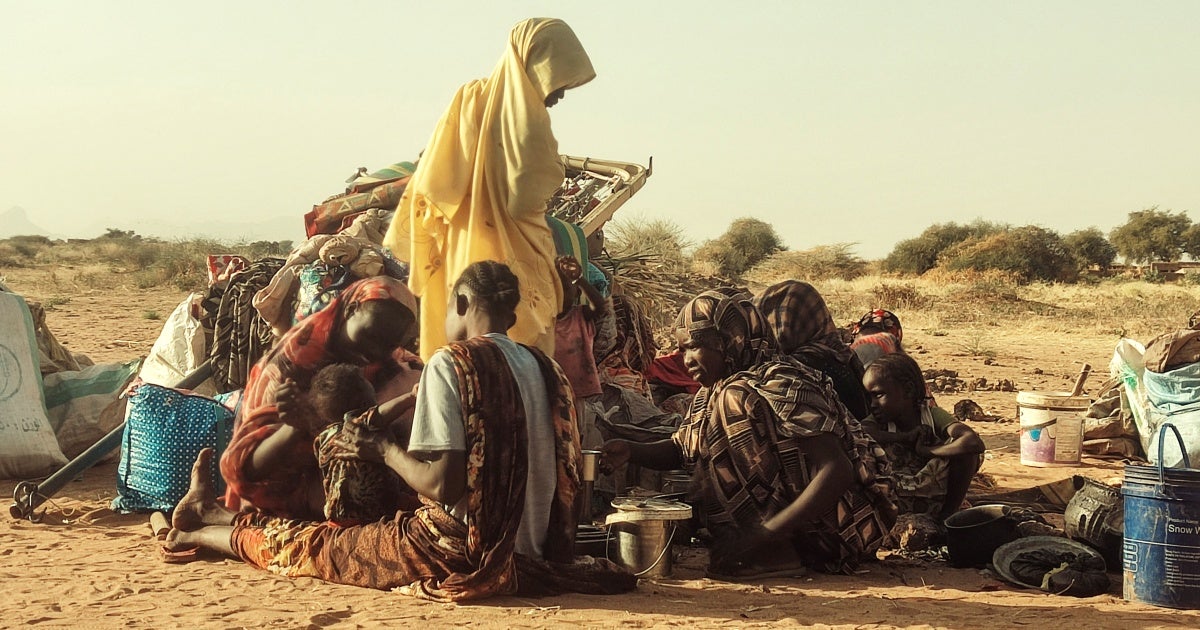Introduction
The city of al-Fashir in Sudan’s western Darfur region is engulfed in a severe humanitarian crisis. Since early 2024, this key city has been under siege amid ongoing civil conflict between the Sudanese army and the paramilitary Rapid Support Forces (RSF). The siege has resulted in extreme food shortages, continuous violence, and the near-collapse of essential services, placing hundreds of thousands of lives at grave risk.
The Siege and Military Conflict
Al-Fashir, the capital of North Darfur, remains the last major area outside RSF control. The RSF has surrounded the city, aiming to assert full dominance. Since the conflict erupted in April 2023, al-Fashir has routinely endured drone strikes, artillery attacks, and widespread destruction. The city is frequently without electricity, and vital facilities such as hospitals and bakeries have been forced to shut down. Civilians live in constant fear amid artillery shelling and civilian casualties, including children and aid workers.

Humanitarian Blockade and Famine
The RSF’s siege effectively blocks all food and aid deliveries, cutting the population off from basic necessities. Trade routes are obstructed, and humanitarian convoys face persistent attacks. One such convoy was attacked in June 2025, forcing multiple aid organizations to suspend operations partly due to security risks. Consequently, local food prices have skyrocketed to more than five times the national average, pushing nearly 250,000 residents and displaced persons toward famine conditions.
Impact on Displaced Populations and Camps
Surrounding areas like the Zamzam displacement camp, which once sheltered around 500,000 internally displaced people, have also suffered enormously. After RSF forces stormed Zamzam in April 2025, the camp’s residents endured killings and destruction. The military recapture of Khartoum briefly shifted the dynamic, but the siege on al-Fashir tightened, with the last supply routes cut off. Aid agencies have ceased operations in these camps due to violence and insecurity.
The Human Toll
More than 150,000 people have died nationwide over the past two years of conflict in Sudan, with over 12 million displaced. In al-Fashir, malnutrition levels are catastrophic. Residents are forced to eat unconventional and insufficient food sources, such as peanut shells and animal feed, just to survive. The spread of disease, including cholera, compounds the humanitarian emergency, escalating the death toll.
Calls for Urgent International Action
The crisis in al-Fashir represents a deliberate deprivation strategy through siege warfare, profoundly affecting civilians and threatening regional stability. Although agencies like the World Food Programme (WFP) stand ready to deliver aid, the ongoing fighting and obstruction prevent access. Without immediate and sustained international intervention to break the siege and guarantee humanitarian access, countless lives in al-Fashir will continue to be lost.
Conclusion
Al-Fashir’s plight highlights the broader tragedy consuming Sudan. The city is a stark example of how war and siege tactics continue to devastate civilian populations, leaving famine and suffering in their wake. The world’s attention and action are urgently required to alleviate this unparalleled humanitarian catastrophe in the heart of Darfur.

